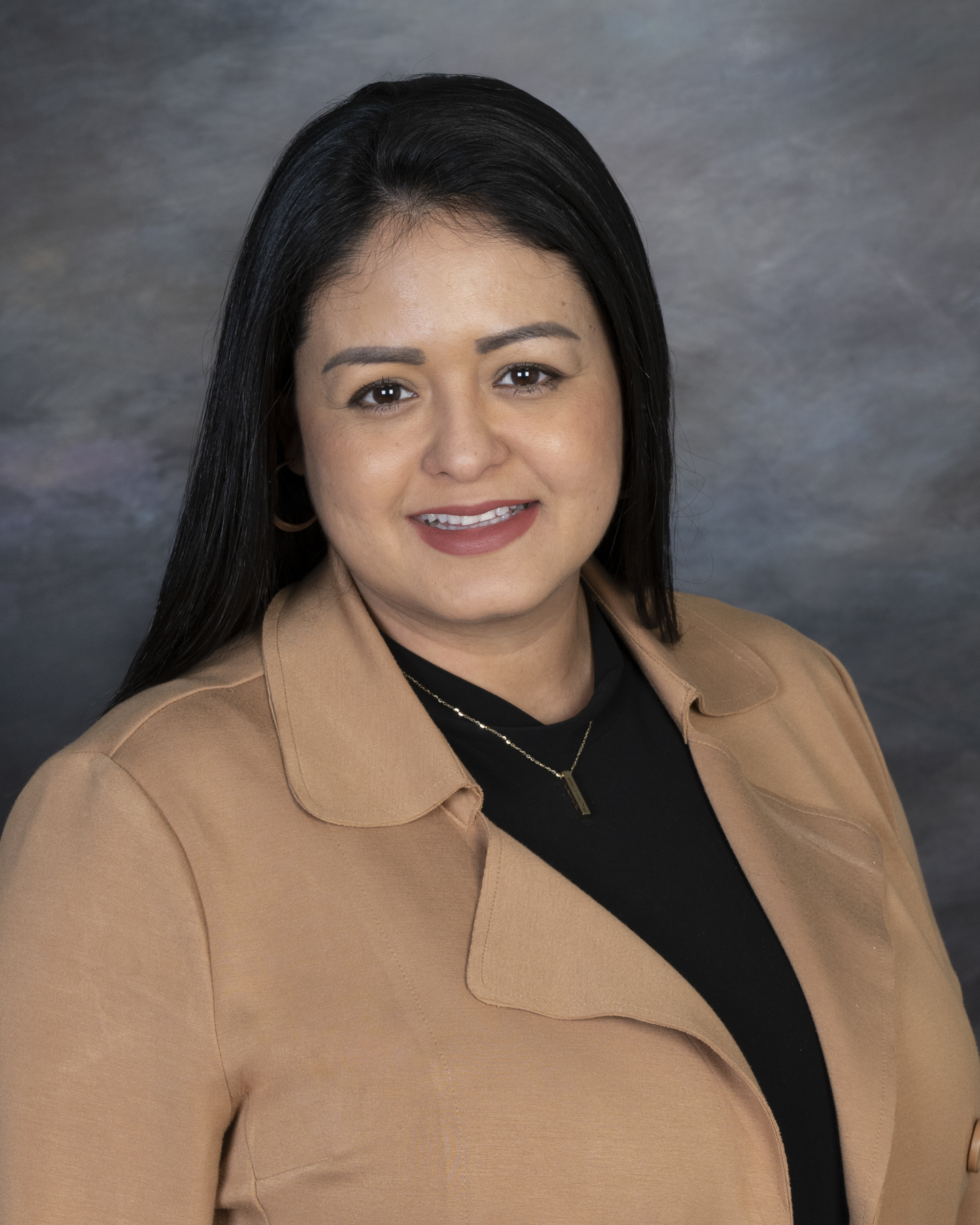Many of us set New Year’s resolutions. We’re all familiar with common ones like losing weight, improving finances, and spending more time with friends and family. But as well-intentioned as these goals may be, it can be hard to follow through.
When we set unrealistic resolutions or goals that don’t account for challenges we’re likely to encounter, we’re more likely to abandon them after a few days and feel frustrated or disappointed with ourselves. By finding ways to care for ourselves during a challenging time of year and approaching our goals more thoughtfully, we can make small steps toward the changes we want to see in ourselves and remember why we made them in the first place.
Recognizing winter’s challenges
Winter is often full of fun, friends, and family, especially around the holidays. But it can also bring financial stress, relationship strain, and reminders of loved ones we’ve lost. On top of that, we face limited daylight hours, colder and wetter weather, and fewer social engagements. All of this can contribute to anything from a general sense of gloominess to seasonal affectedness disorder (SAD) or depression. If you are experiencing persistent feelings of sadness, lethargy, or lack of interest in your usual activities, you are not alone. Talk with someone you trust or make an appointment with a medical provider or behavioral health therapist to talk about what you are going through. Many of us experience these feelings, and there is support available for you.
When facing anxiety, stress, or sadness, it can be helpful to practice mindfulness. Mindfulness simply means focusing intently on what you are experiencing in the moment. In our culture we tend to be multitaskers, doing several things at once, but research shows that when we slow down and thoughtfully do one thing at a time, we can reduce feelings of anxiety and depression. Mindfulness could look like paying more attention to activities you routinely rush through, like your morning coffee. Take a moment to sit down, smell the aroma, and notice the warmth in your hands as you hold the mug, then reflect on the taste as you take a sip. Or, try a five senses practice: While in a relaxed position and without rushing, notice five things you see, four things you can feel, three things you hear, two things you smell, and one thing you taste. Move slowly through each step, allowing yourself to be absorbed only with what you’re doing in the moment.
These practices might feel a little silly or uncomfortable at first but being present in the small moments of our day-to-day lives helps us step off of the treadmill of to-do lists and worries, connecting to a truer and less harried version of ourselves.
Setting SMART goals
When it comes to resolutions, many of us think big: stop smoking, get more physically fit, spend more time with family. While the hopes behind these goals are good, broad goals can feel overwhelming. Instead, I recommend using the SMART method: Specific, Measurable, Attainable, Relevant, and Time-Bound. Instead of a vague resolution like, “I want to spend more time with friends” or a big, difficult-to-achieve goal like, “This year I’m going to eat healthy,” think SMART: “I’ll meet my best friend at our favorite coffee shop every Saturday at 9 a.m.,” or, “Every Tuesday and Thursday, I’ll pack a lunch for work that includes protein, veggies, and whole grains.”
If you don’t perfectly reach a goal, try not to feel guilty or quit altogether. Instead, reflect on what you’ve accomplished so far. Maybe you met a friend for coffee twice this month. That’s short of your goal, but you spent more time with your friend than usual! Thoughtfully reflecting on why you set the goal in the first place can help. Maybe you wanted more time with friends because you’ve been feeling lonely, or you wanted to be more active because you notice you can’t keep up with your kids without getting out of breath. Any step you take toward meeting your underlying hopes for yourself is worth celebrating.

Angélica Beltrán-Rentería, LCSW, is a behavioral healthcare provider at MCHC Health Centers, which includes Hillside Health Center and Dora Street Health Center in Ukiah, Little Lake Health Center in Willits, and Lakeview Health Center in Lakeport.
MCHC is a community-based and patient-directed organization that provides comprehensive primary healthcare services as well as supportive services such as education and interpretation to promote access to healthcare.

 MyChart Login
MyChart Login

